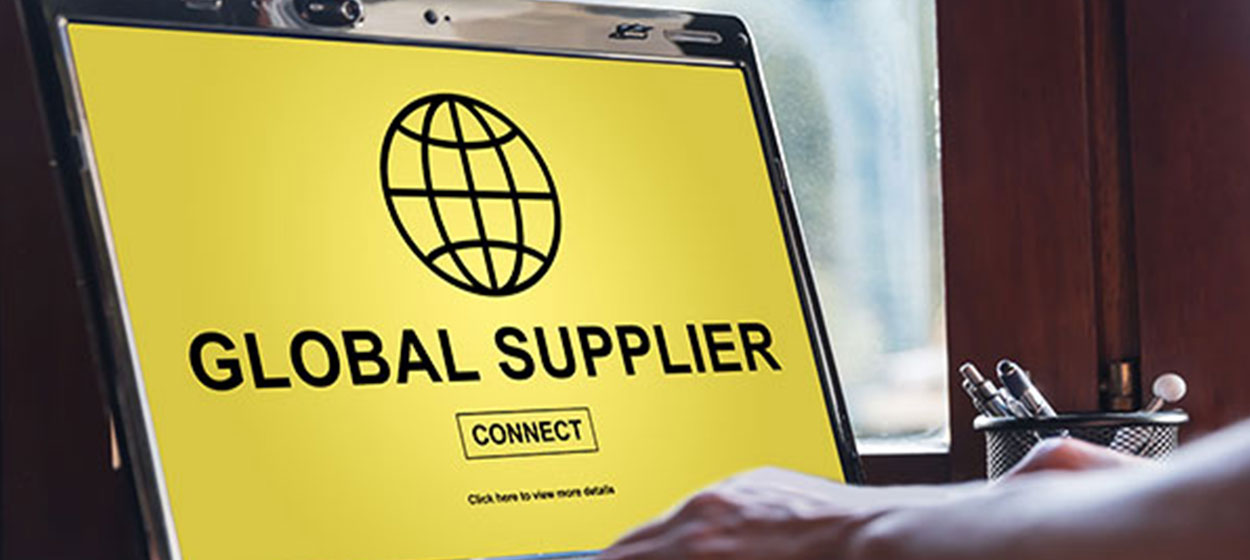Overseas manufacturing may involve several different types of suppliers, some of which include traders, importers, buying agents, wholesalers, and factories. Knowing the difference between the types of suppliers is crucial for choosing and engaging with the right fit for your line of business. Choosing a supplier can be challenging, especially if it’s your first time sourcing and manufacturing from Asia. The key is to find a reliable supplier with whom you can establish a long-lasting relationship. Let’s examine the different types of suppliers and their key differences.
1. Traders & Trading Companies
As the middleman between a manufacturer and a customer, traders and trading companies work directly with manufacturers to supply the products. Traders typically make it easier for customers to acquire products from factories because of their previously-established relationships with factories, existing network, and understanding of the local Chinese market.
Traders and trading companies can be split up into several different types of suppliers, each of which offers a set of benefits and possible disadvantages. Working with a trading company facilitates remote business and communication while offering customers low-cost purchasing solutions. What’s more, trading companies can also be instrumental for identifying hard-to-find suppliers.
The type of trading company you work with makes all the difference. Low-value trading companies may not have the same level of project management and accountability as high-value trading companies. With high-value trading companies, however, you’ll likely be subject to higher markups on the products they supply.
East West Basics has access to a host of different types of suppliers, which gives our customers plenty of options when it comes to navigating the sourcing and manufacturing space. We’re always adamant about presenting the highest quality solutions to our clients, but we know that there may be times in which that comes at too hefty a price point.
High-value trading companies are typically better suited for larger product design and manufacturing enterprises that need support with supply chain management, logistics, quality control, intellectual property protection, economies of scale valuable to buyers and sellers, financing solutions, distribution channels, and domain expertise.
2. Importers
People and/or companies that bring goods into countries from abroad are considered importers. Whether US or based somewhere else, importers have the home-base advantage. Importers purchase raw materials and partially-completed goods from foreign suppliers. Companies partner with importers for their local presence, cultural awareness, strong understanding of the market, and business acumen. The downsides to working with an importer as your chosen type of supplier may be their proximity from manufacturing facilities, which could result in higher overhead should extensive changes be required. What’s great about working with East West Basics is our international reach. We make it easy for clients to acquire the goods they need wherever they are in the world.
3. Buying Agents
While not necessarily a type of supplier in their own right, a buying agent acts on behalf of suppliers to tender negotiations and execute contracts. Buying agents or representatives may supply some of the services above and usually work on a contract or exclusive basis based on cost plus, so they have less financial exposure. Their benefits include transparency, consolidation, and risk reduction for all parties, which can be instrumental when searching for a supplier partner.
4. Wholesalers as Suppliers
The most common type of supplier may be a wholesaler, which acquires in bulk and sells in smaller quantities. Wholesalers generally work with western companies with warehousing in America, Europe, or Australia. Using a wholesaler as your supplier may reduce lead times, risk, and order amounts, making it the perfect solution for manufacturing smaller quantities. The downside to working with wholesalers as suppliers is that doing so often incurs an increased cost.
5. Factories as Suppliers
Working directly with factories to make a product is the most cost-effective way to go about securing the goods you’re looking for. That said, it may not be the easiest option. Going straight to a factory means you have to screen several possible suppliers to find qualified factories at low prices. In addition to plant inspections, this process takes time and manufacturing expertise. The best thing to do in this situation is to work with a sourcing and manufacturing expert company like East West Basics.
Choosing asourcing, manufacturing, and procurement firm that offers timely product development support, intellectual property secrecy, and reduced manufacturing risks and costs without compromising quality can be a challenge. That’s why East West Basics exists. We’re here to help you choose the right type of supplier in China and beyond.



